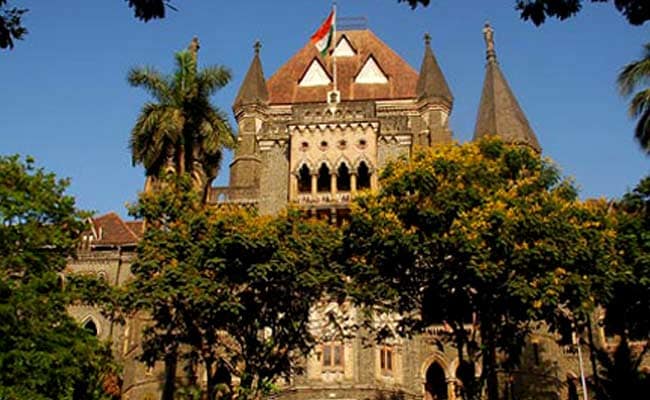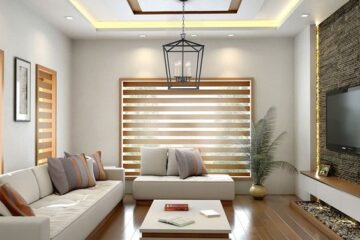A not-for-profit team of enthusiasts are in the process of documenting every single one but they estimate there may be more than 200 across the city.
The majority of them, built on reclaimed land between the early 1930s and early 1950s, are clustered together in the southern part of the city where they stand in stark contrast to Victorian Gothic structures.
The two vastly different architectural traditions face off against each other across the popular Oval Maidan playing field, where enthusiastic young cricketers hone their skills.
On one side lie imposing and rather austere 19th century buildings housing the Bombay High Court and Mumbai University, with their spires and lancet windows.
_625x300_1530351363543.jpg)
Many of the Art Deco buildings are located along the iconic Marine Drive. (AFP)
On the other side stand sleeker buildings boasting curved corners, balconies, vertical lines and exotic motifs.
They were built by wealthier section of the Mumbai population who sent their architects to Europe to come up with modern designs different to those of their colonial rulers.
“Mumbai’s Deco buildings have always lived in the shadow of the Victorian Gothic structures built by the British,” Atul Kumar, the founder of Art Deco Mumbai, told news agency AFP last year.
_625x300_1530351440352.jpg)
The Art Deco buildings were constructed by the wealthy Indian residents of Bombay.
“But Art Deco is no less. It’s a colourful, vibrant, free, sophisticated style that represented the aspirations of a whole new class.
“India was under oppressive colonial rule and this was a very unique statement through architecture,” he added.

The Bombay High Court is one the Victorian structures on the UNESCO list. (File)
Mumbai’s Art Deco buildings house residential properties, commercial offices, hospitals and single screen movie theatres, including the popular Regal and Eros cinemas.
Their characteristics include elegant Deco fonts, marble floors and spiral staircases.
Most of the Art Deco buildings, including along the three-kilometre long palm-fringed Marine Drive promenade, are five storeys high and painted in bright colours such as yellow, pink and blue.
[“source-ndtv”]


